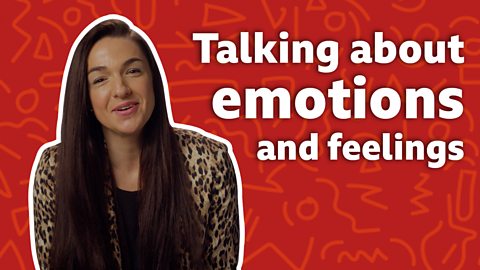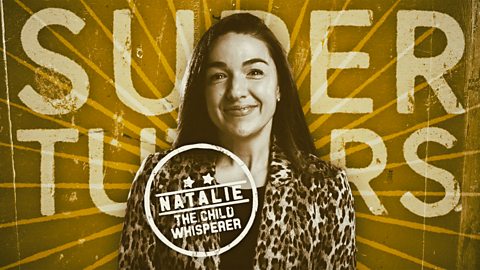
When children say they тcanтtт or тwon'tт do something, itтs not necessarily because they donтt want to. Like adults, they can lack confidence and find situations overwhelming which can make them put barriers up.
A 'growth mindset' is knowing that you can train your brain to get smarter, to learn new skills and to get better at doing something that you may initially find difficult to do. Itтs also about believing that through effort, hard work and practice you can improve, grow and learn.
Natalie Costa aka тThe Child Whispererт, shares her top tips to help you help your kids develop a тgrowth mindsetт and ways to reframe words and phrases to help get the right message across to your children.

4 tips to help manage your child's emotions
Shift their perspective
To develop a growth mindset, itтs important to help your children shift their perspective.
Instead of seeing mistakes as a reflection of self-worth or as a sign that they canтt do something, help them see that itтs an opportunity to grow and learn.тЏUnderstanding how the brain works can help children to shift perspective. Explain to them that their brain is like a muscle. When something feels hard, like solving aтЏmathsтЏproblem, or learning a new gymnastics routine, they are giving their brain the exercise it needs to grow and learn.тЏтЏтЏWhen we make mistakes or do things that feel difficult, thatтs not a sign that we canтt do something, itтs actually our brain getting a really good workout and eventually weтll improve and learn new skills!
Reframe questions
Another way to build resilience and tap into a growth mindset is to reframe the questions we use - especially when things feel hard.тЏтЏтЏIf your children say things like тWhy me?т or тWhy canтt I do this?т this keeps them stuck in a closed mindset. Help them to ask open questions, or what we can refer to as тpower questionsт.тЏтЏPower questions such as, тWhat can I do differently next time?т or тWhat have I learned from this mistake?т will help them to shift their perspective. Instead of feeling stuck, they'll begin to search for solutions, look for new opportunities and find the тlearning momentsт within their challenges.
Remember previous challenges
Help your child remember previous challenges theyтve faced that they have overcome or times they have made a mistake but were able to get it right in the end.тЏтЏтЏSentences like тI know this is hard for you right now but when we triedтІand youтІт will help them to feel understood and also remind them that they have the power to overcome challenges.
It's okay to make mistakes
Finally, consider how you respond when you make mistakes.тЏтЏтЏIt can be challenging for us as adults to change our perspectives because we might have had different experiences growing up. Remember to be kind to yourself as weтre also learning these skills and new habits alongside our children.тЏтЏтЏCultivating a growth mindset and helping your child develop their resilience takes some time but each mistake or challenge is just another opportunity to grow and learn!тЏтЏBe transparent and show your children that itтs okay to make mistakes even when things feel hard or challenging. You can even use the Power Questions to show how you are moving forward - or even better, ask your child to remind you of what questions you can ask yourself instead!

Activities to try at home
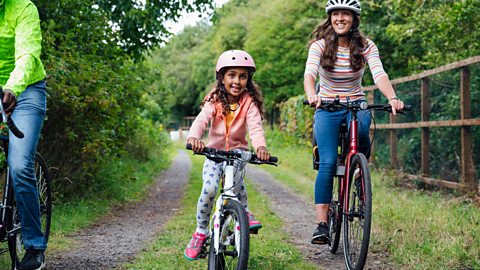
'My learning treasure chest'
Print or draw a treasure chest on paper.тЏтЏтЏTalk with your child about some mistakes theyтve made in the past or some challenges they have faced and what they have learned from their experiences.тЏтЏтЏThese тlessonsт can be represented as jewels that they draw,тЏcolourтЏand add to their treasure chest poster which they can then stick up on their wall. As your child grows, faces new challenges and learns new things, they can keep adding to the treasure chest.тЏтЏтЏHaving this treasure chest poster as a visual representation helps remind them that they are always learning and growing and it shifts their perspective so they begin to see their mistakes and challenges as learning opportunities (jewels) which will help them grow!
Exercise your brain
Identify an area that your child would like to improve in - for example, тget better at riding my bikeт, тbe able to recite the seven times table by heartт, or тimprove a dance routineт.тЏтЏтЏBrainstorm some practical steps that your child can take each day to help them тgrow their brainт in this area.тЏтЏтЏIf the goal is to get better at riding a bike for example, the steps might be to тpractice riding my bike everydayт, тlook up instead of looking at my feetт or тpedal fasterт.тЏтЏтЏDraw a visual chart to represent the steps. The steps can be represented by drawing a series of brains with each step written in.тЏтЏтЏAs each step is completed your child canтЏcolourтЏin the brain to track their progress.тЏтЏтЏIf it feels hard or they make a mistake, remind them that they are growing their brain and making it stronger through each step. Help them reflect on how much they are growing and how far they have come.

Natalie's video

More from ТщЖЙдМХФ Bitesize Parents' ToolkitтІ
Parents' Toolkit
Fun activities, real-life stories, wellbeing support and loads of helpful advice - we're here for you and your child.

Five ways to build your childтs resilience
Psychology expert Dr Sandi Mann has some advice to help your children adjust to change and deal with anxiety.

Five ways you can help boost your childтs confidence this summer
Educational psychologist Lee Randall has some tips to help you nurture your childтs confidence.

The Super Tutors
Five experts in their field offer tips and advice to help you become a parenting master!
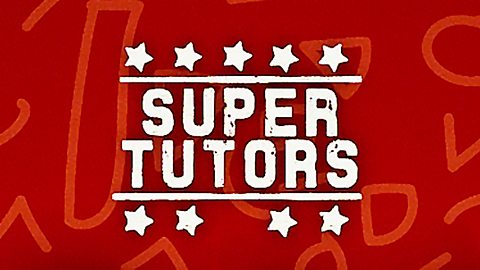
How do I get my kids to eat the right foods? - The Super Tutors
Catherine Jeans, 'The Food Know-It-All', explains how you can help your child find a healthy balance in their diet.
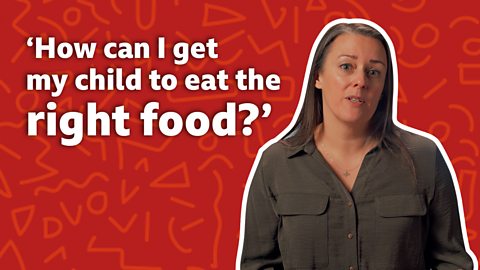
How can I talk to my kids about their emotions? - The Super Tutors
Natalie Costa, aka 'The Child Whisperer', explains how you can talk to your child about their feelings and help them manage their emotions.
